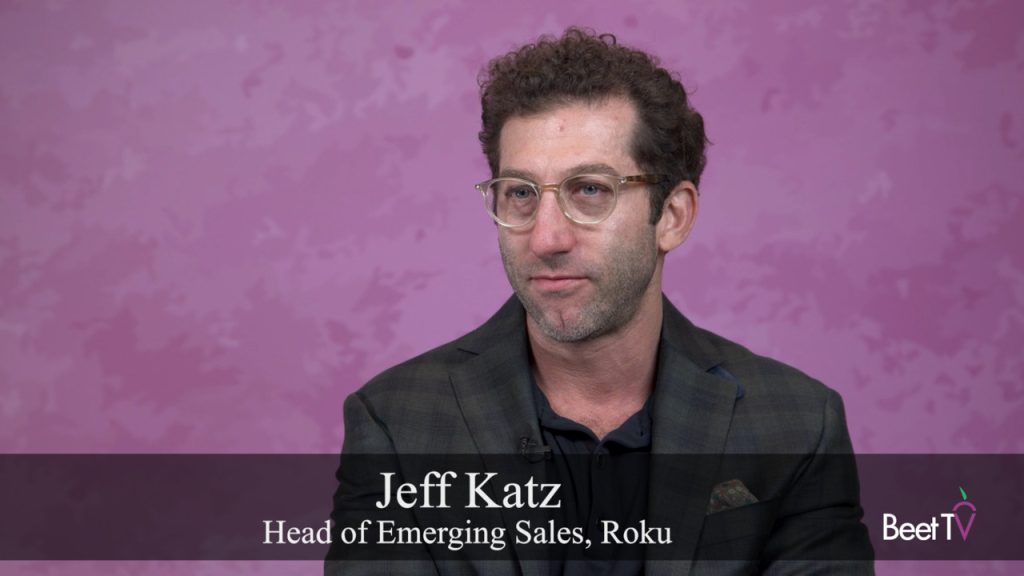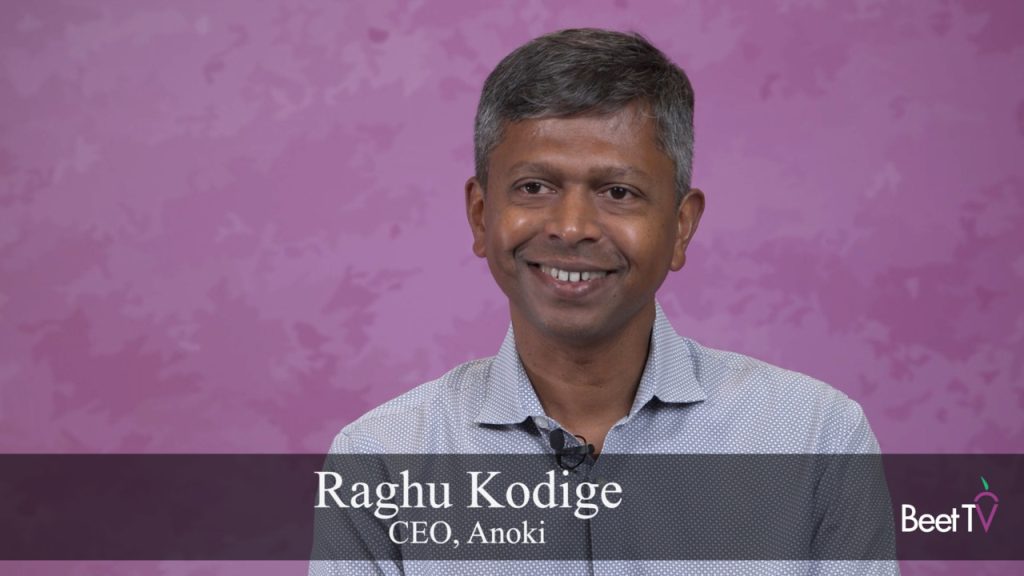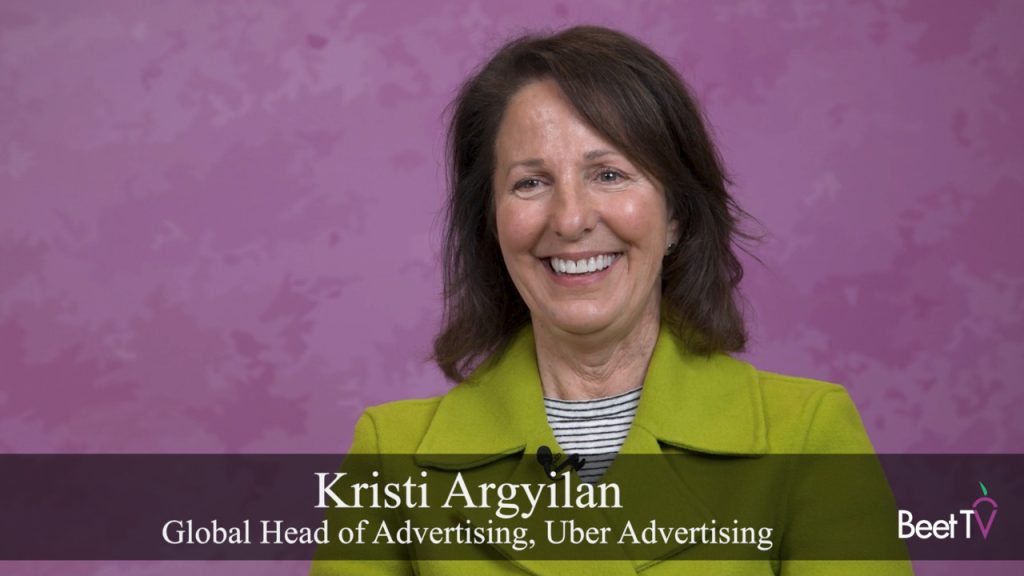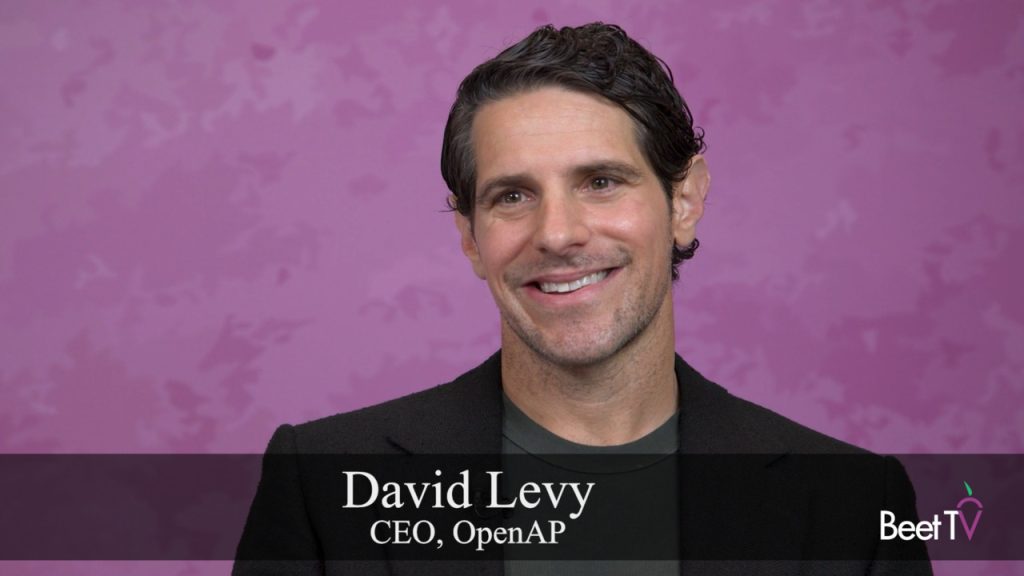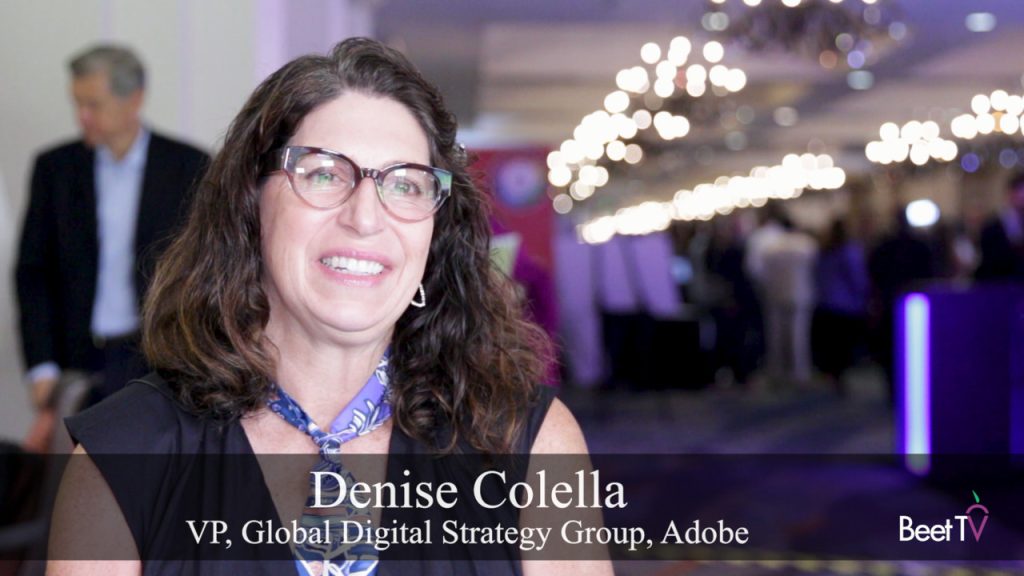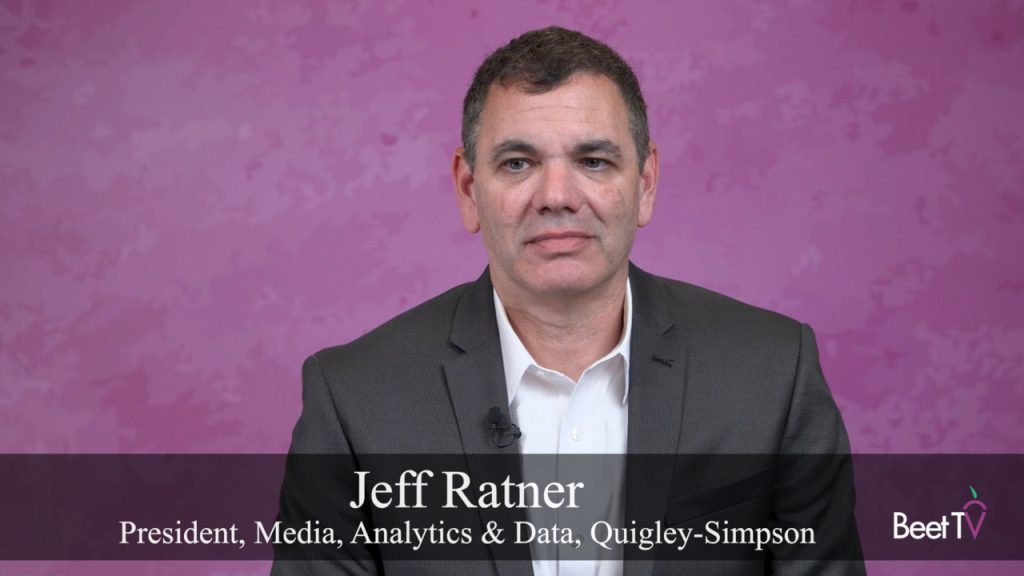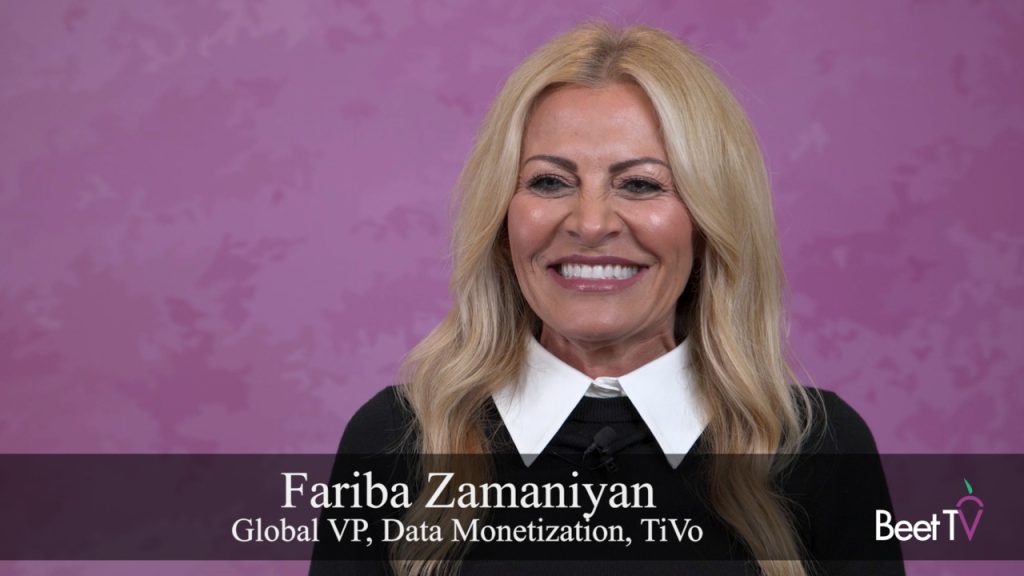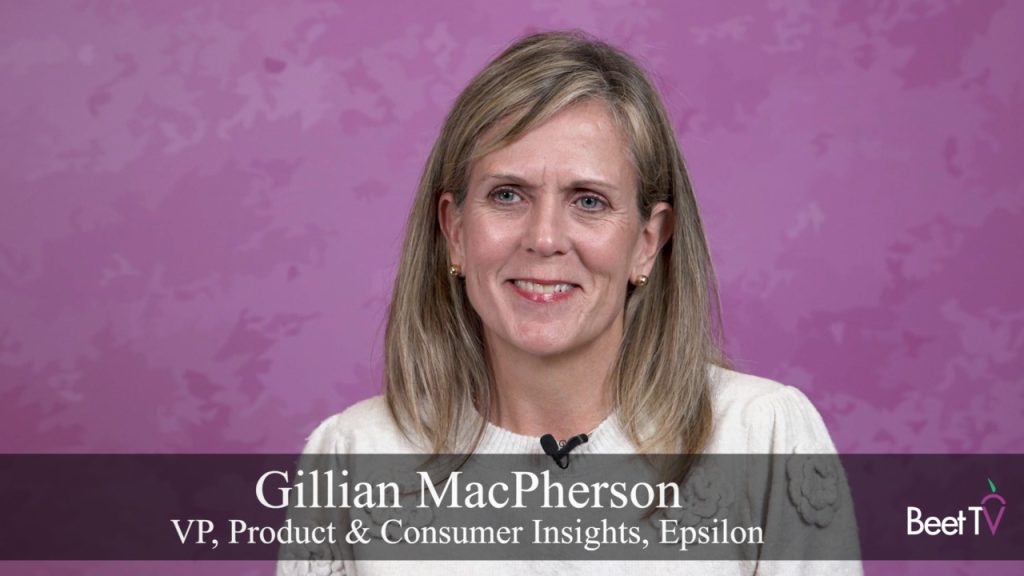First-party data about consumers are much more valuable to marketers as stricter privacy laws in several regions give people more control over how their personal information is shared. Amid the boom in ecommerce, retailers that sell advertising space on their websites are harnessing their first-party data to help marketers improve their targeting.
That capability makes retail media networks more comparable to digital “walled gardens” like Facebook and Google that collect first-party data about consumers who use their platforms.
“The ‘walled gardens’ have shown the way to use first-party data at scale, but there’s a new class of retailers, grocery stores and pharmacy chains that are developing retail media networks,” Ramsey McGrory, chief commercial officer at advertising software platform Mediaocean, said in this interview with Beet.TV.
Retailers that track shopping habits with loyalty programs or with online accounts have especially rich data that others don’t — namely, the purchase histories gleaned from stock keeping unit (SKU) data.
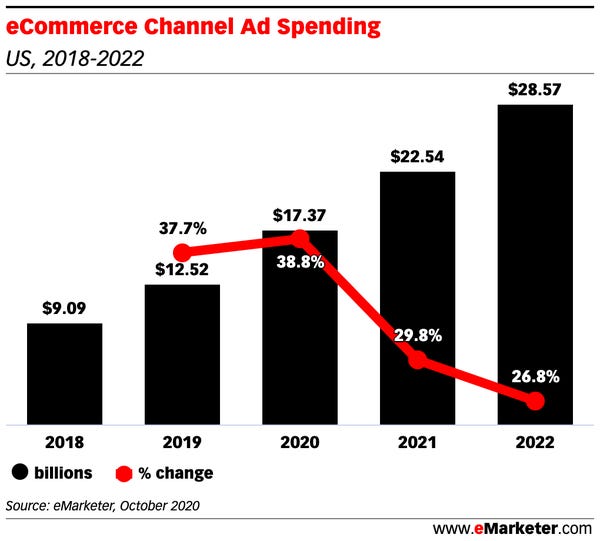
Source: eMarketer
“These retail media sellers are bringing a massive amount of detailed data that allows for targeting and measurement — and it’s a huge growth area,” McGrory said. “They’ve got a significant first-party relationship with a consumer that’s both physical and/or virtual, and they have a tremendous amount of SKU-level transaction data.”
Because retailers have been doing business with many suppliers for years, they can build on a legacy of trust and offer a brand-safe environment for marketers to reach consumers when they’re most ready to shop.
“The new class of retail media sellers already have significant relationships with advertisers because they’ve been doing things such as co-op marketing for decades,” McGrory said. “The kind of trust will engender a willingness to pay a higher price for the sellers if the marketers are getting what they expect out of it.”
As retailers become sellers of media space, they have to provide services that advertisers expect from other media channels, he said.
“The sellers have to respond by building out a set of competencies focused on media management, performance and measurement, data and data science,” he said. “You have intelligent marketers and agencies coming to the table knowing their audiences, and those are the marketers that will pay a fair price and potentially drive the monetization for the sell side.”
Advertisers want to reach audiences most efficiently, run test campaigns to compare results and improve business outcomes. Those efforts are built on data, analytics and reporting.
“In modern omnichannel advertising, you have data infused all the way through the process,” McGrory said, adding that Mediaocean is “working on those applications that fuse intelligence into media management, and enable omnichannel advertising for the buyers and the sellers.”
You are watching “First Party Data: Driving Media Investment and Accountability,” a Beet.TV leadership video series presented by Target’s Roundel For more videos, please visit this page. The views shared on this series do not necessarily reflect the opinion of Target and Roundel.






















